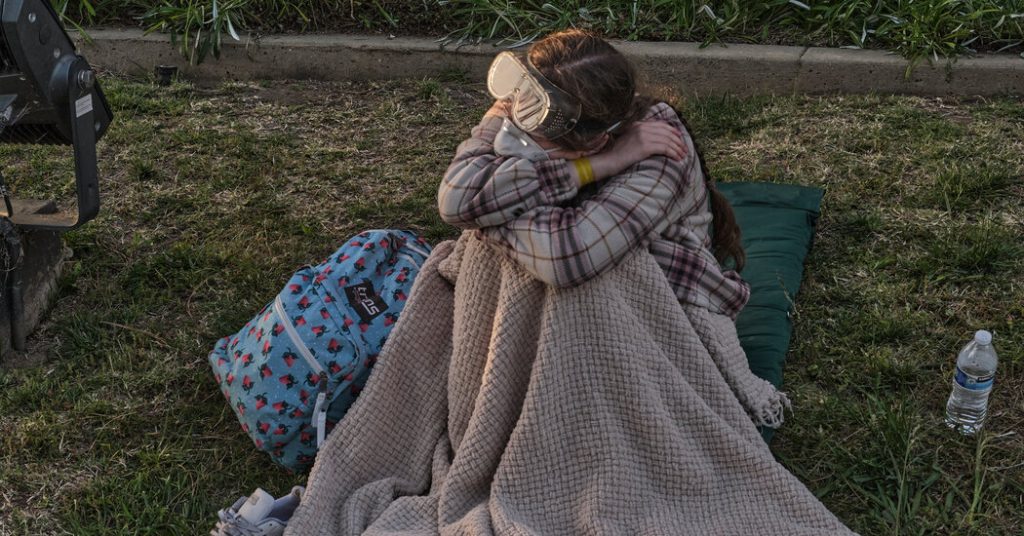In her new book, “Morning After the Revolution: Dispatches From the Wrong Side of History,” Nellie Bowles reflects on the turbulent year of 2020, marked by the pandemic, George Floyd’s murder, and the looming threat of Donald Trump’s re-election. She criticizes the rise of what she calls the “New Progressivism,” characterized by a fervent liberal intelligentsia and an influx of ideas from academia reshaping society. Bowles attempts to satirize this phenomenon, particularly targeting the performative nature of white-lady struggle sessions and the collapse of Seattle’s anarchist Capitol Hill Autonomous Zone.
Despite her critique of the New Progressivism and its impact on various sectors of society, Bowles’ portrayal is marred by lazy mockery and sweeping generalizations. She recalls instances where she was told that roads, birds, and even exercise are racist, raising eyebrows at the hyperbolic nature of social justice discourse in 2020. While she argues that the movement has triumphed and become the new norm in big business and academia, recent developments show a backlash against corporate social justice initiatives, with companies scaling back diversity and inclusion efforts.
The political landscape has shifted in the aftermath of 2020, with corporate entities readjusting their priorities amid a changing social climate. Even on college campuses, tensions have risen over issues like free speech and sensitivity, as radical politics clash with the need to create safe spaces for all students. The era of content warnings and microaggression policing may be waning, as universities face criticism for disregarding the concerns of certain minority groups. This shift signals a broader reevaluation of the principles and practices of the New Progressivism.
While Bowles acknowledges the excesses and flaws of the New Progressivism, she also recognizes the energy and urgency it brought to addressing longstanding inequalities. The societal momentum generated in response to Trump’s presidency and the George Floyd protests has waned, leaving a void as the nation faces another election cycle. as we head into another election with Trump on the ballot. The ebb and flow of progressive activism underscores the complex dynamics of social change and the challenges of sustaining momentum over time.
In reflecting on the events of 2020 and its aftermath, Bowles sees parallels to immune system responses, where societal reactions to political and social crises mirror the body’s immune response to pathogens. She laments the loss of progressive urgency that marked the Trump presidency, highlighting the potential downside of apathy and complacency in the face of persistent challenges. Ultimately, Bowles’ book offers a critical perspective on the recent history of political and cultural upheaval, highlighting the need for ongoing engagement and vigilance in addressing societal issues.


